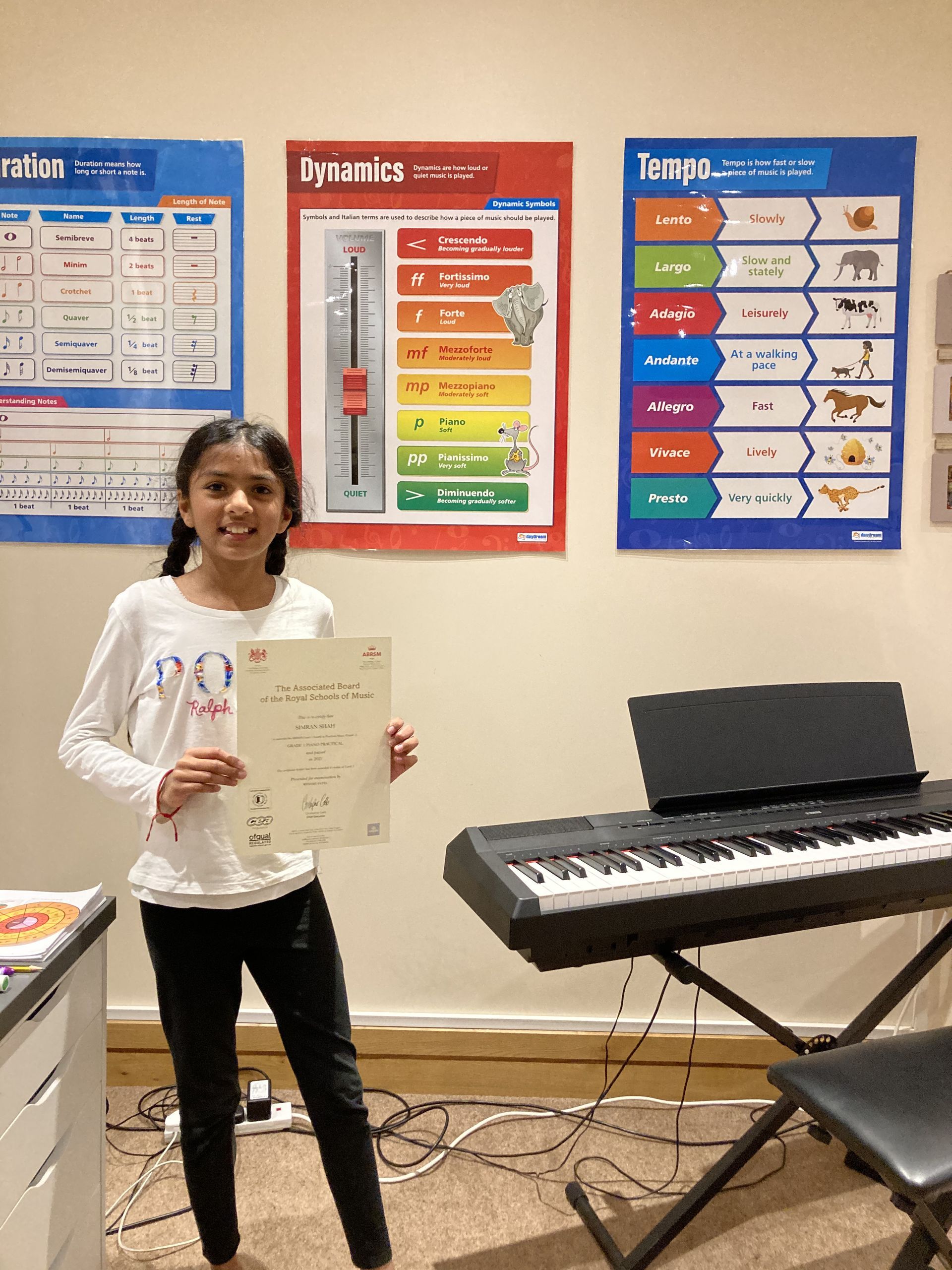Do Piano Students Have to Practice their Piano Everyday Over the Christmas Break?
Should piano students practice the piano everyday over the Christmas Break?
In short, no.
Over the break we are encouraging our students to recharge, reflect and continue to vary their musical activities.
An important point to note is that you don’t have to sit at your instrument 24/7 when you are practicing but instead, have this as an element within your journey.
Here are some of the activities you can try out over the Christmas break:
1. Reflect on how much you have accomplished.
There will have been moments in your piano journey which you found difficult but you preserved and overcame these this year.
2. Write a list of your goals.
You may have a particular exercise or piece you’d like to become more comfortable and confident with in the months or year ahead. Write these down as something to aim for or to discuss with your piano teacher or mentor.
3. Instrument practice.
There may be an urge to pick up a piece you love that you haven’t played in a while, to play Christmas songs or to continue working on an exercise or piece you have at the moment. Use this as an opportunity to see what you are naturally drawn towards when you sit down at the piano.
4. Listen to music which inspires you.
Perhaps there is a particular genre which you prefer or you’d like to explore new genres of music this Christmas. We’d recommend exploring different genres throughout your musical journey to see which ones you are naturally drawn towards or wish to incorporate into your playing.
5. Play music theory games or activities.
There will be some games or activities you may have explored this year which you wish to try out. If not, take a look online or ask your piano teacher or mentor if they have any suggestions which you could use to play with friends and family over the holidays.
Remember that when you are trying out these hacks to look at them little and often but also be patient with yourself. If you wish to know more about these hacks and resources, feel free to take a look around our website or connect with us directly!



All Rights Reserved | Key Sounds UK
